
Not only World Champions
We all know that the tennis court, swimming pool, and golf course are not limited to world-champions tennis players, swimmers, or golfers. Anyone can enjoy…

Translated by Rabbi Lazer Brody
In Forest Fields, Part 32
We all know that the tennis court, swimming pool, and golf course are not limited to world-champions tennis players, swimmers, or golfers. Anyone can enjoy  himself in these types of recreational sports. By the same token, hitbodedut – personal prayer – is not limited to the great tzaddikim. Anyone is welcome to take advantage of a private audience with Hashem any time of the day, any day of the week.
himself in these types of recreational sports. By the same token, hitbodedut – personal prayer – is not limited to the great tzaddikim. Anyone is welcome to take advantage of a private audience with Hashem any time of the day, any day of the week.
 himself in these types of recreational sports. By the same token, hitbodedut – personal prayer – is not limited to the great tzaddikim. Anyone is welcome to take advantage of a private audience with Hashem any time of the day, any day of the week.
himself in these types of recreational sports. By the same token, hitbodedut – personal prayer – is not limited to the great tzaddikim. Anyone is welcome to take advantage of a private audience with Hashem any time of the day, any day of the week.Every person can speak to Hashem on his or her own level. As parents, we know that we are just as receptive to conversing with our two-year old as we are with our married son or daughter. Hashem, whose love for each of us transcends a compassionate mother’s love for her baby a million times over, is certainly no less receptive to each of us, no matter whether we’re the Talmudic scholar of the generation or an inmate in prison. Irrespective of a person’s age, spiritual level, IQ, social station or any other factor, Hashem listens to whoever approaches Him in personal prayer.
Hitbodedut should be done in your own jargon, namely, in the language you’re most comfortable with. The better you express yourself, the more your heart is aroused. Don’t stifle yourself with any rigid format. Use your mother tongue and your local slang as well. Rebbe Nachman teaches that one’s simple and natural speech makes the best hitbodedut.
Find a place where you feel comfortable. Any place where you can have a bit of privacy and peace of mind is suitable, whether it’s a park bench, a wooded path, the beach, or your bedroom. The important thing is to speak your heart out.
Every man, woman, and child should speak to Hashem daily in personal prayer. A sixty-minute session that includes soul-searching, confession, and resolve to improve is tantamount to a mini Yom Kippur that atones for the entire day. That’s why our daily hitbodedut should carry us from yesterday’s mini Yom Kippur to today’s mini Yom Kippur. That way, we are constantly living in complete atonement and free from sin.
Anytime is opportune
Hitbodedut is like any other new venture in life that requires initial instruction and subsequent practice. The key to success is perseverance. Prayer is not a one-shot deal.
With every personal prayer session, a person gains a better understanding of how to pray. Personal prayer is a golden opportunity to get to know yourself, your true aspirations, your strengths and weaknesses, and most important – your mission in life. Every successive personal-prayer session brings a person closer to self-awareness. Self-awareness is the key to character improvement, for if a person doesn’t know where he is, he can’t know where he’s going. Hitbodedut gives a person the level of self-awareness where he or she knows where they are at present and where they want to go in the future. The benefits of hitbodedut are so great that one cannot expect the gates of personal prayer to be wide open at the beginning, before a person invests concerted effort.
Anytime is an opportune time to talk to Hashem. Simply designating the hour for personal prayer is an accomplishment in itself. Therefore, a person shouldn’t be discouraged if he or she didn’t know what to say or lacked what to say on a particular day. No matter what, a person can always conclude his hour of personal prayer with a simple expression of gratitude: “Thank You, Hashem, for the privilege of being able to talk to You today. Please enable me to set aside an hour for hitbodedut tomorrow as well.” Eventually, the steadfast practice of personal prayer will lead to greater proficiency, to the point where a person derives so much gratification that he’ll never want to miss a day of personal prayer.
Setting aside an hour for personal prayer is in itself a major achievement. The outcome of a personal prayer session is less important than the session itself. Here’s why: many people become discouraged. They entertain fantasies that right away they’ll reach the plateau of prophecy in their personal prayer. Others don’t feel “moved” or inspired enough when the reality of their personal prayers fails to meet up to their expectations. Still others feel that no one hears their prayers and they succumb to anger, despair, or both. These people fall by the wayside before they’ve achieved proficiency in personal prayer.
Probably the biggest obstacle people have in their minds against personal prayer is the claim that they don’t have a free hour in a day. This is simply because they don’t believe in the power of prayer or in the fact that Hashem hears their prayers. How does the very same person succeed in finding much more than an hour to watch the Super Bowl game or to go to the hairdresser? What a person truly desires, he’ll do.
A person that believes in the truth of our Torah and in the words of our holy sages will do everything to speak to Hashem for at least an hour a day in personal prayer. The Zohar says that a person who devotes an hour a day to hitbodedut will never see purgatory.
Most important, a person shouldn’t persecute himself if his personal prayer session failed to meet his expectations. The important thing is to set aside the hour and try one’s best to speak to Hashem regardless of the outcome. Don’t give up! Eventually, with perseverance, the personal prayer practitioner will attain an especially close relationship with Hashem. There’s no loftier mitzvah than spending an intimate hour speaking with Hashem.
To be continued.




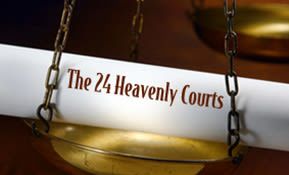
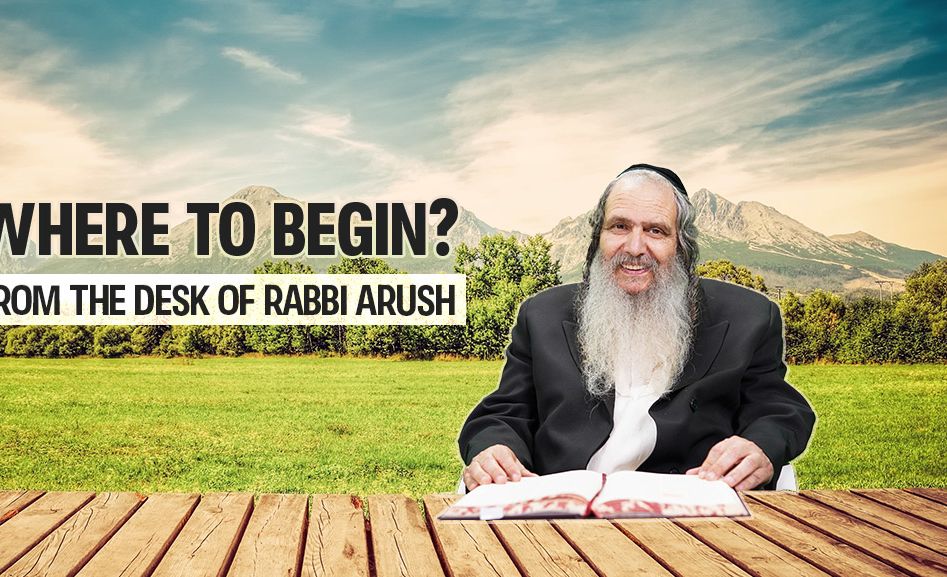
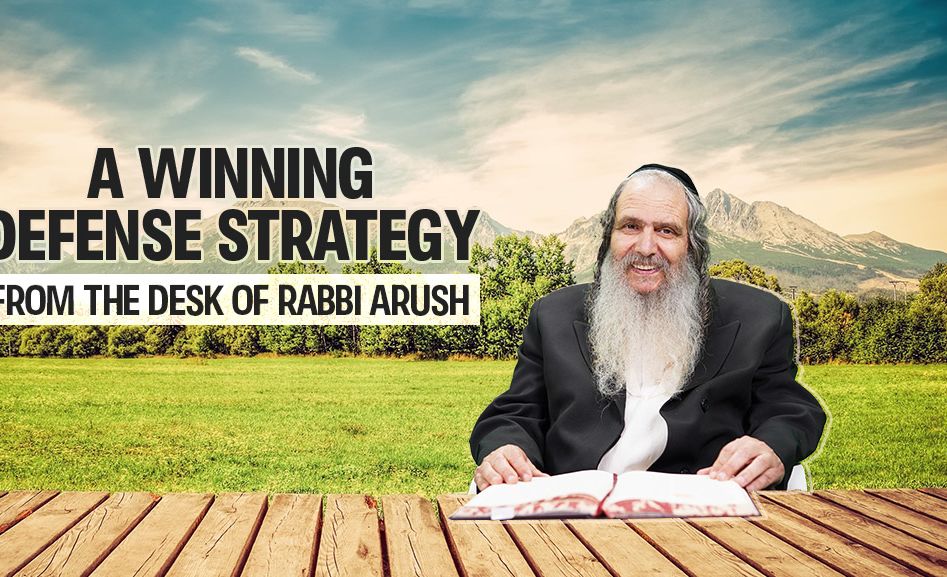
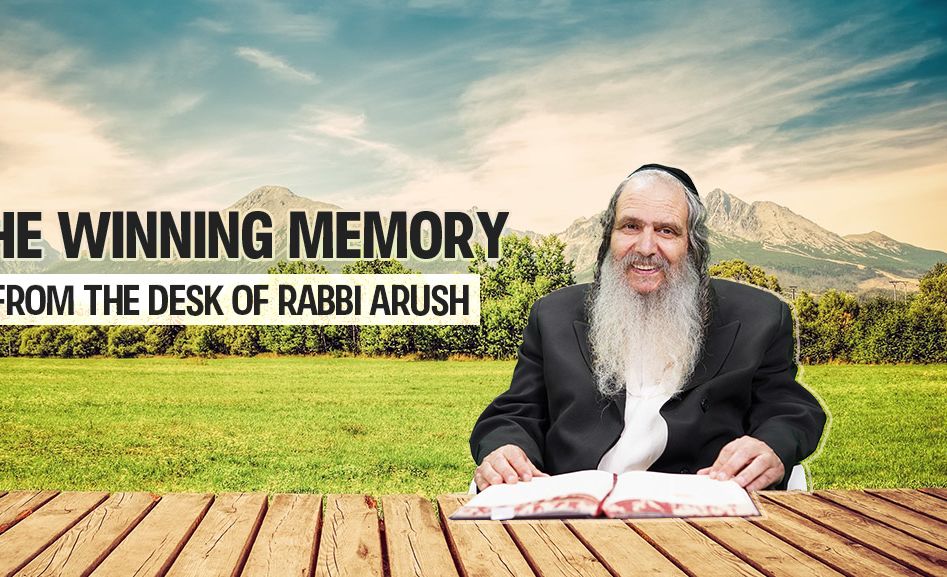
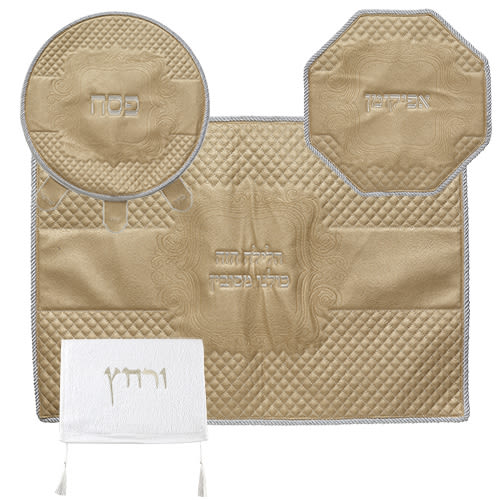

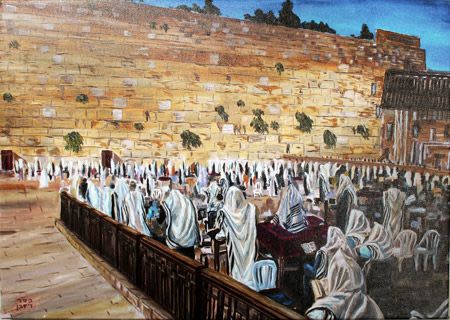


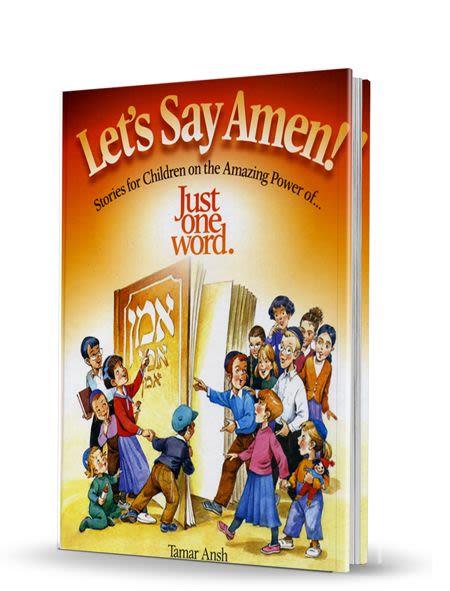
Tell us what you think!
Thank you for your comment!
It will be published after approval by the Editor.